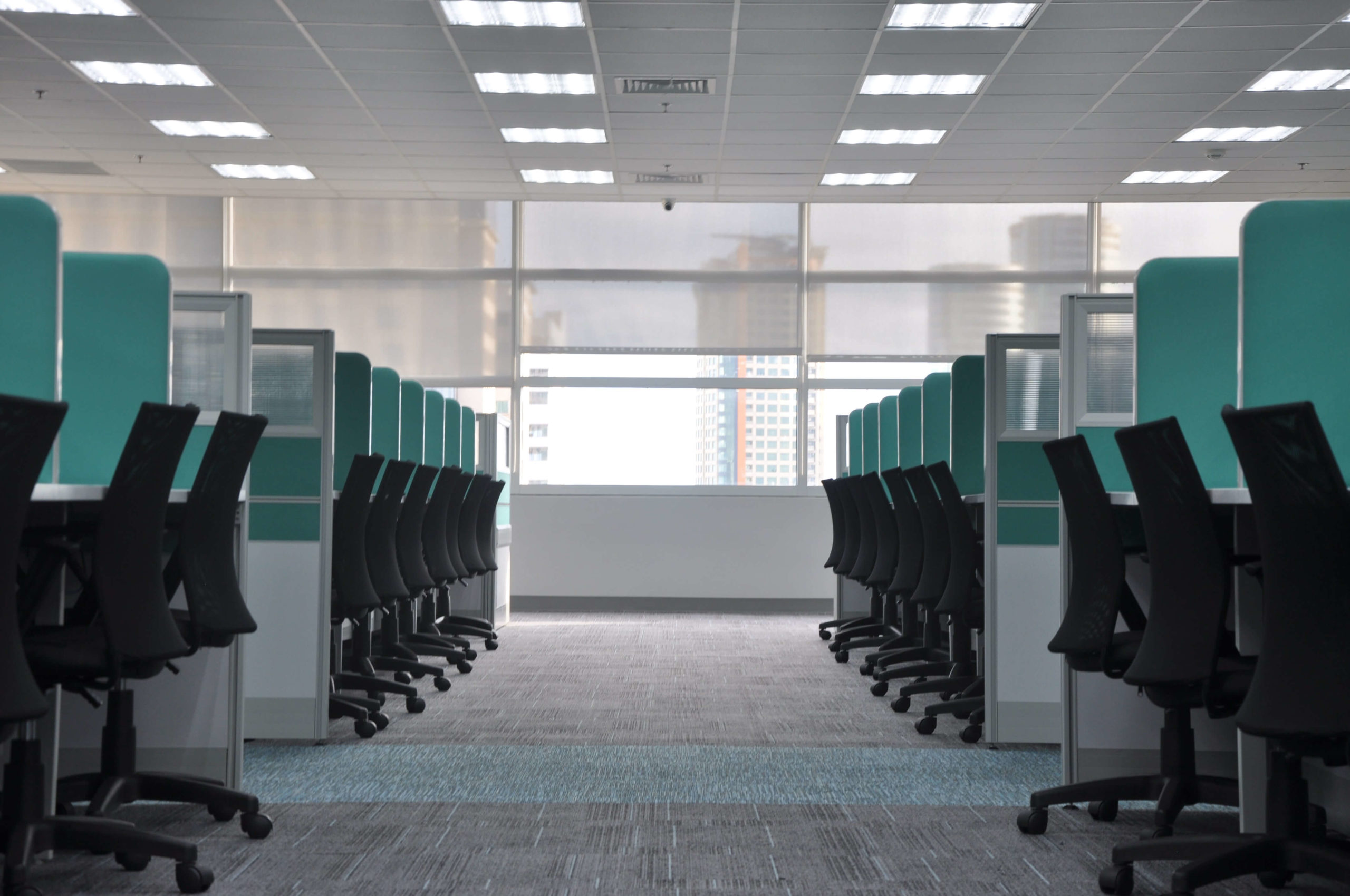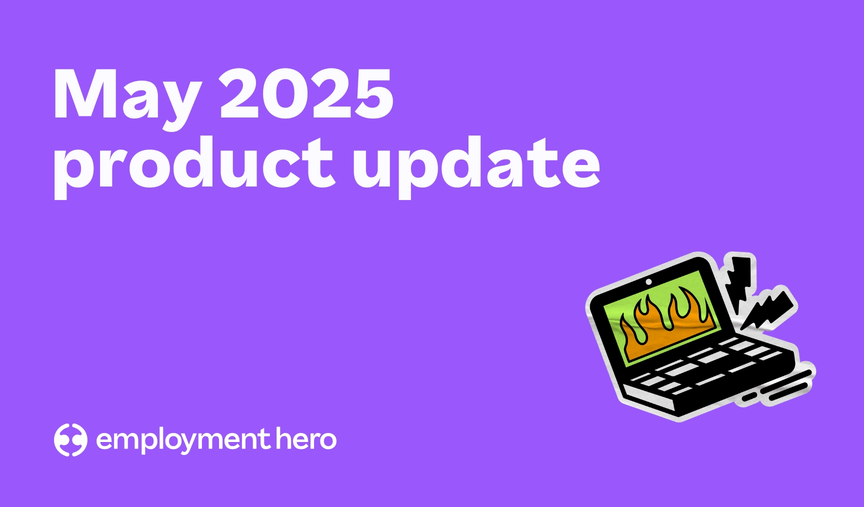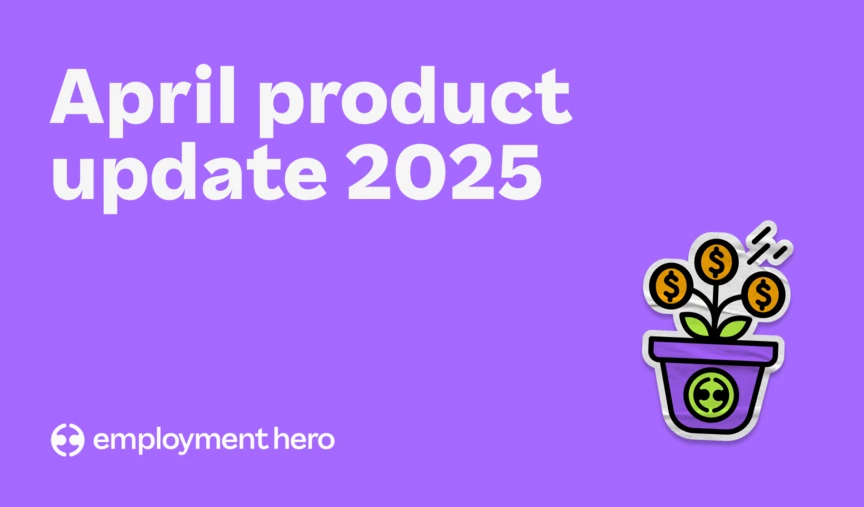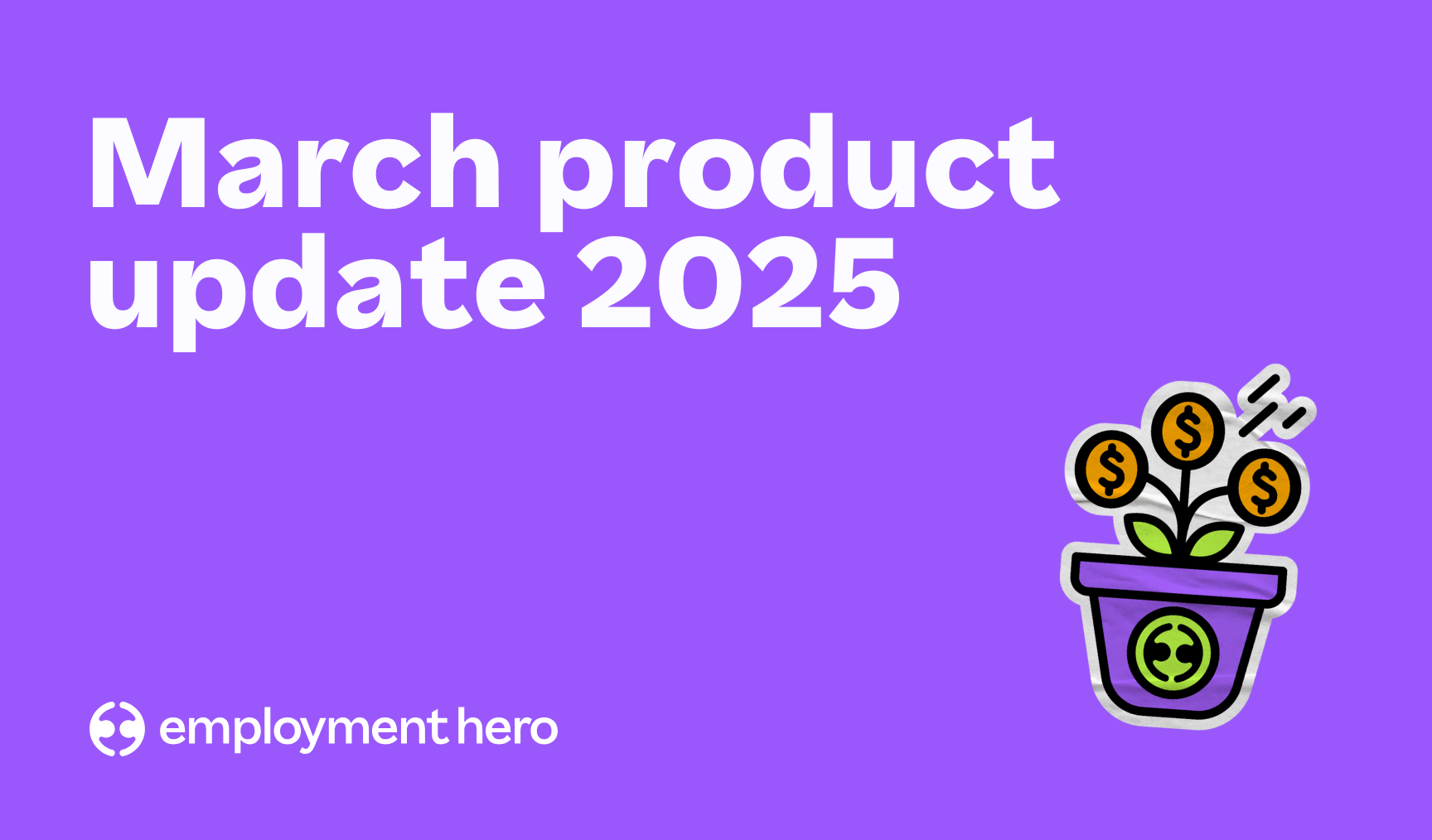What is the anti-work movement and why should employers be aware of it?
The anti-work movement has been gaining traction in recent years. Here’s what business owners need to know about it.

Contents
What do Reddit, the Great Resignation and Beyoncé have in common? In 2022, they are shining a spotlight on the anti-work sentiment.
‘Break My Soul’ is Beyoncé’s first release in six years. A notable departure from her previous sound and lyrical themes, the dance track talks to a liberation of self that explicitly comes from resigning from one’s job.
To quote; “…And I just quit my job / I’m gonna find new drive / Damn, they work me so damn hard / Work by nine, then off past five / And they work my nerves / That’s why I cannot sleep at night… I’m lookin’ for motivation / I’m lookin’ for a new foundation.”
It’s not the first time that Beyoncé has been at the centre of hustle-culture discussions. How many times have you heard the quote, “You have the same 24 hours in a day as Beyoncé”?
It’s a remark that implies that we all have the same time available, but some choose to do more with it – hustle harder, and fill schedules to breaking point. Who would have thought that the subject of this quote herself would dismantle the idea that we live to work (and in such a catchy way)?
The song is the latest dialogue contributing to anti-work, a growing concept that was brought to life by the anti-work subreddit. It’s no coincidence that the Great Resignation was also gaining speed at the same time.
With so much noise around the topic, let’s go deeper on what the anti-work movement is and how employers can build a culture that champions balance and respect.
What are the origins of anti-work?
Although the way the community built around anti-work is modern – with online forums, social media platforms and viral pop music – the core concept is not.
The anti-work movement speaks out against worker exploitation, toxic workplace cultures and bad management.
As Brian O’Connor suggests: while the early beginnings of the growing movement had ‘roots ‘in anarchist and socialist economic critique’, over time it has broadened into a wider dialogue.
These conversations cover a range of issues, mostly centred around the exponential increase of worker productivity to create excess capital at the cost of employee wellbeing.
Is having a work-free life the end goal for the anti-work movement?
The anti-work movement doesn’t necessarily mean that movement participants don’t want employment, or to live a work-free life. Rather, most are seeking workplaces that are free from toxic working conditions and cultures, wage slavery, and the poor treatment of employees.

What is the anti-work subreddit?
The anti-work subreddit (www.reddit.com/r/antiwork/) is undoubtedly the global hub for the anti-work movement.
For the uninitiated, Reddit is a giant host of internet forums that provides space for news sharing and discussion on any subject. Subreddits are ‘themed’ forums, where people can submit content that becomes open for discussion with other users.
They describe themselves as; “a subreddit for those who want to end work, are curious about ending work, want to get the most out of a work-free life, want more information on anti-work ideas and want personal help with their own jobs/work-related struggles.”
This online community was founded in 2013 and maintained a small following until 2020. Under the conditions of the early pandemic, which saw mass lay-offs and a huge shift in working conditions, the channel exploded in popularity. By the end of 2021, the subreddit had grown from 100,000 to one million subscribers. Today it has over two million subscribers.
On any given day you will find a wealth of stories published to the subreddit that cover a huge spectrum of experiences. These expose everything from toxic workplaces, terrible bosses, aggressive experiences with clients and customers, exploitation, poor wages, discrimination and nepotism in the workplace, poor company communications and much more.

Why is the anti-work movement so popular?
As with any movement, a range of cultural factors are at play. The anti-work movement not only responds to the exploitative and toxic workplace practices of some corporations and promotes social justice in the workplace, but it also rejects the ‘hustle’ culture that reached fever pitch in the late 2010s.
Remember our quote from earlier, “you have the same 24 hours in a day as Beyoncé”? This idea is a hallmark of hustle culture.
“It is obsessed with striving, relentlessly positive, devoid of humor, and — once you notice it — impossible to escape,” wrote Erin Griffiths for the New York Times in 2019. For many workers – especially millennials – workaholism became a cultural identity. Aided by technologies that allowed employees to be contactable at all times, work had transitioned from 9-5 parameters to 24/7 expectations.
This was embraced and encouraged by many companies, who equipped employees with the tools for constant work (think devices, meals in the office, after-hours obligations), without the policies or culture to encourage personal time. This came in the place of benefits that could make a real difference to employee wellbeing, like flexible working models.
While hustle culture was always headed for crash and burnout, the pandemic definitely fast-tracked it.
From widespread layoffs, to the cutting of hours, to a lack of pandemic hygiene measures, to more time spent at home with family, to mass uncertainty, to remote employee surveillance, to poor company crisis communications… The list of employee grievances around the pandemic in early 2020 was extensive.
In retrospect, is it any surprise that we then saw the worldwide phenomenon of the Great Resignation, and the perfect storm for a boom in anti-work sentiment?

How can employers create a positive workplace culture?
Creating a positive and supportive workplace culture won’t just help to keep your company off the anti-work forum. Employees that feel like they are in a psychologically safe environment at work are generally happier and less likely to turnover. According to our Wellness at Work Report, employees who rated their employer’s commitment to wellness as positive were 75% more likely to be loyal.
On the flipside – if the anti-work movement has shown us anything, it’s that employees talk. If your team is having a negative experience within your business, this is going to impact your reputation.
Most business owners want employees to have a positive experience at their business, but don’t realise that they actively need to take action to foster a positive culture. Here are five steps to help you start to create a better workplace for your team.
1. Look out for toxic managers
Why is it that everyone has a story of a horrible manager?
Toxic manager stories frequently make their way onto the anti-work subreddit. In many instances, employees suffer poor treatment, and fear repercussions if they were to report the behaviour.
Whether it’s with rude or aggressive communications, favouring select employees, coercing employees into working long hours, consistently contacting employees after-hours, or withholding opportunities – these behaviours can quickly derail an employee’s experience with an organisation.
So how can employers stop this behaviour from flying under the radar?
Make sure that every team member is aware of an impartial person in HR who is there to support all team members. Keep an eye open for increased turnover or absenteeism. Finally, provide channels for anonymous feedback – we’ll be expanding why anonymous surveys are important tools below.
2. Encourage better work-life balance at all levels of the business
Unsurprisingly, employees are feeling overworked and overwhelmed. 58% felt burnt out at the beginning of this year.
The best antidote for burnout? Boosting work-life balance within your team.
Do this by creating flexible and remote work models, encouraging your team to turn off notifications after hours, and refraining from rewarding working during annual leave.
Leading by example is also incredibly important. If you’re a company CEO and you never take a day off or you work every weekend, this behaviour is going to trickle down. Whether you like it or not, you’re setting the tone of; we don’t rest here.
[inline-form form-id=15080]
3. Survey your team anonymously
When you allow your team to respond to a survey anonymously, they are much more likely to be honest with you – and give you feedback that’s actually meaningful.
Using an anonymous survey tool like the one on the Employment Hero platform can help you access your team’s unfiltered feedback. Without any fear of identification, they are much more likely to let you know if they are having a toxic experience within your workplace.
If you’re looking for some survey-spiration, check out our list of employee happiness survey questions here.
4. Re-think what dedication is
Do you find yourself rewarding employees who are first in the office (or online), and last to leave? How about shouting out team members who work through their annual leave, or neglect important personal occasions for work obligations? Think seriously about this.
Dedication to a job should not be shown in overtime worked or personal life sacrificed. This is more likely to lead to burn out than a long-term positive relationship with an employer.
Instead of focusing on some performative kind of ‘dedication’, look to output – not hours. Look at contribution, innovation, kindness and creativity. Respect that your employee is not an owner of your business like you are – work does not have to be their number one priority.
5. Remove any kind of employee surveillance
Whether you’re hovering around your employees desk, keeping an eye on when they arrive or leave the office, monitoring when remote staff appear online or installing digital monitoring software – just don’t.
Toxic behaviour like this and micro managing your staff lead to negative vibes, and a less productive team. Not to mention a high turnover rate. Don’t be that person that makes people not look forward to Mondays.
A culture of respect and support
Don’t let a toxic culture or widespread burnout become a fixture of your workplace.
Intentionally take the steps today to create a respectful workplace, to nurture a happier and more sustainable workforce – and hopefully stay off anti-work for good.
If you’re looking for actionable tips on how to boost your culture today, download our free workplace culture bundle. It includes our 30 day culture guide, employee survey templates and much more.
[inline-form form-id=6625]
Related Resources
-
 Read more: Product Update: May 2025
Read more: Product Update: May 2025Product Update: May 2025
Follow our May 2025 product update as we share all of the latest and greatest features we’ve released over the…
-
 Read more: Product Update: April 2025
Read more: Product Update: April 2025Product Update: April 2025
Follow our April 2025 product update as we share all of the latest and greatest features we’ve released over the…
-
 Read more: Product Update: March 2025
Read more: Product Update: March 2025Product Update: March 2025
Follow our March 2025 product update as we share all of the latest and greatest features we’ve released over the…








